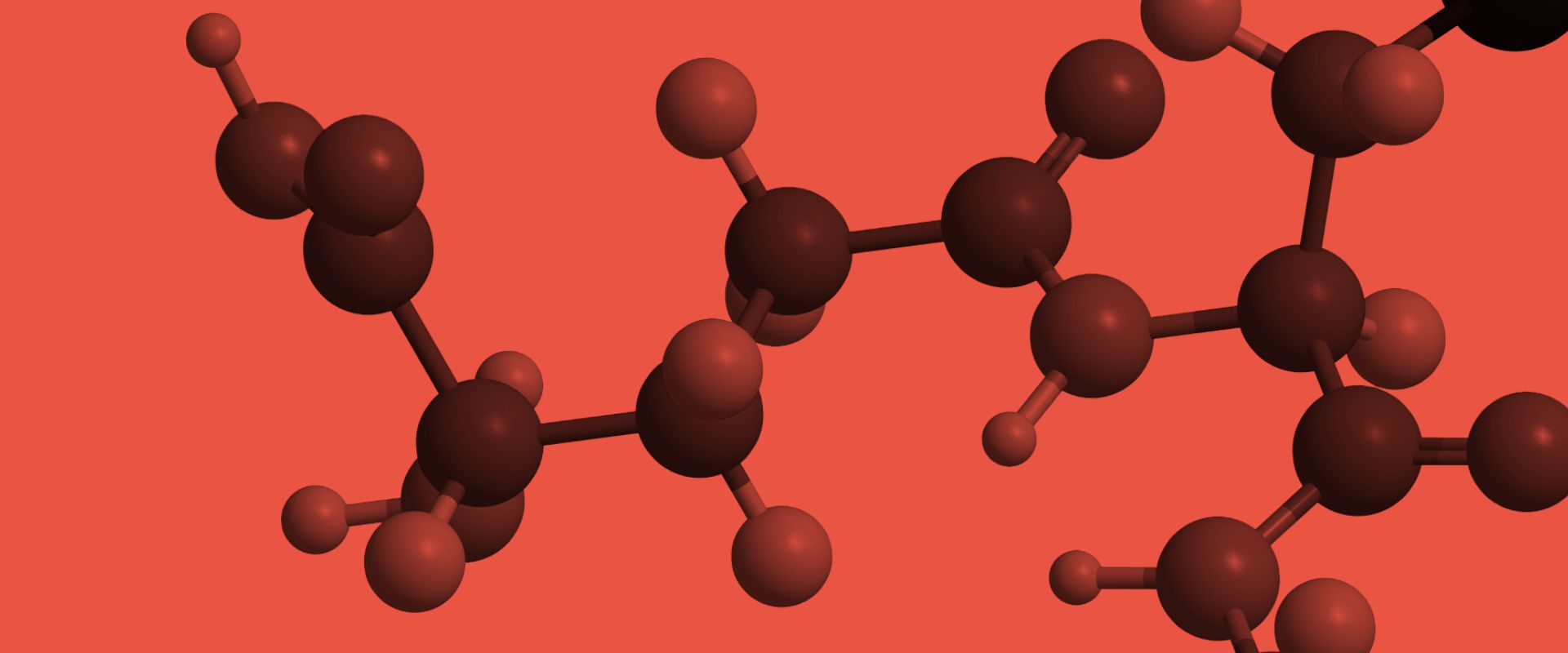
The human body has developed strong antioxidant mechanisms, involved in the neutralization of the excess of free radicals and in the maintenance of redox balance. Among them, the reduced form of glutathione (GSH) is the most powerful endogenous antioxidant, present both in blood and in various tissues. GSH contributes directly and indirectly to the neutralization of free radicals and it is considered a necessary factor for the maintenance of redox homeostasis, protecting the human body from the induction of oxidative stress.
In recent years, an ever-increasing number of research studies demonstrate that many pathological conditions are the result of disturbances of redox equilibrium. More specifically, data from scientific literature indicate that GSH levels decrease significantly during the progression of heart disease from asymptomatic to failure. Therefore, they can be used to monitor the stages of heart disease, acting as an indicator of prevention and an early treatment of possible heart failure.
© ALL RIGHTS RESERVED. FOODOXYS 2025
made in grafix